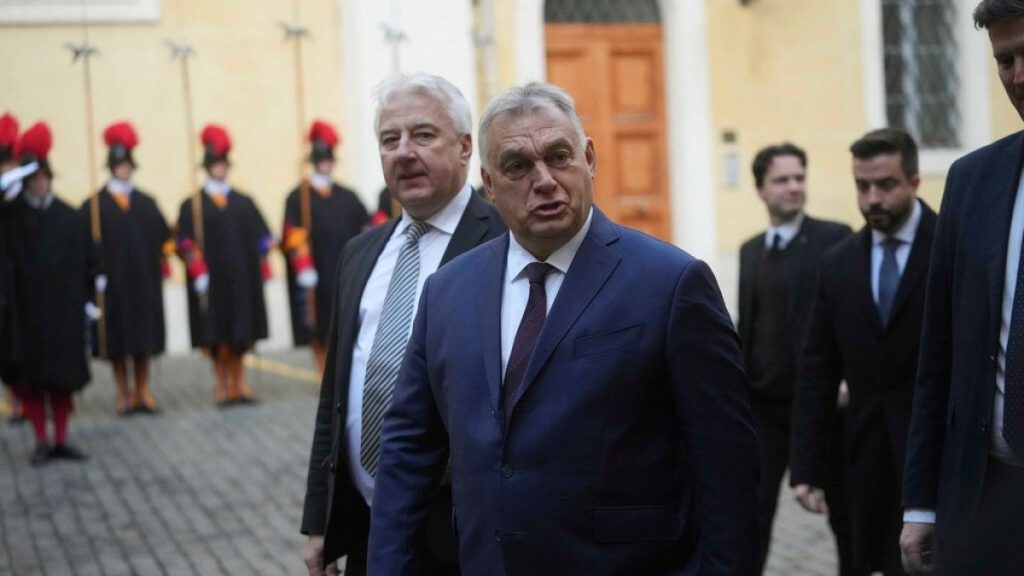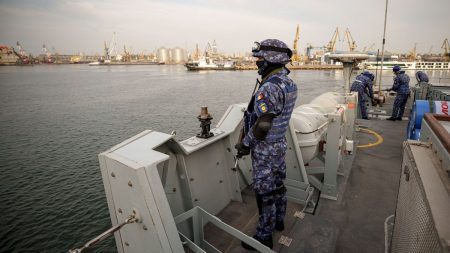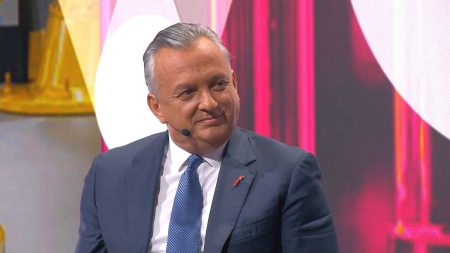Hungarian Prime Minister Viktor Orbán’s recent diplomatic endeavors concerning the war in Ukraine have sparked controversy, particularly his engagement with Russian President Vladimir Putin and subsequent proposal for a “Christmas ceasefire.” Orbán’s actions, while framed as peace-seeking initiatives, have been met with sharp criticism from Ukrainian President Volodymyr Zelenskyy, who views them as self-serving attempts to enhance Orbán’s image rather than genuine efforts to resolve the conflict. The heart of the contention lies in the exclusion of Ukraine from these discussions, a point Zelenskyy vehemently emphasizes as a fundamental flaw undermining any prospects for a legitimate and lasting peace.
Orbán’s interaction with Putin, a lengthy phone call reportedly discussing the escalating conflict and exploring avenues for de-escalation, raised concerns among Ukrainian officials. They criticized Hungary’s lack of communication regarding the conversation, asserting that Ukraine had not authorized any such dialogue. Furthermore, they pointed out ongoing efforts by Ukrainian authorities to secure the release of prisoners held by Russia, emphasizing their own active role in pursuing a resolution to the conflict. This underscores the fundamental disconnect between Orbán’s approach and Ukraine’s own diplomatic efforts, fueling the perception that Hungary’s involvement is counterproductive and potentially undermines existing initiatives.
The “Christmas ceasefire” proposal, a central element of Orbán’s peace plan, has been dismissed by Zelenskyy as unrealistic and potentially detrimental to Ukraine’s security. Zelenskyy argues that true peace requires a comprehensive approach involving not only a ceasefire but also guaranteed security for Ukraine, which necessitates the commitment of all international partners, including the US and Europe, to uphold the principles of the UN Charter. He stresses that any discussions about peace must include Ukraine as a central participant, a prerequisite Orbán’s initiative conspicuously lacks. This highlights the divergent perspectives on the path to peace, with Orbán seemingly prioritizing a swift ceasefire while Zelenskyy emphasizes the importance of a broader framework addressing Ukraine’s long-term security concerns.
Orbán’s actions have drawn parallels to similar criticisms faced by other European leaders who have engaged in dialogue with Putin. German Chancellor Olaf Scholz, for instance, faced condemnation for speaking with the Russian leader, with Zelenskyy warning of the potential to legitimize and embolden Russia. This pattern highlights the delicate diplomatic landscape surrounding the conflict, where any interaction with Putin risks being interpreted as undermining efforts to hold Russia accountable and pressuring them towards a just resolution. The controversy surrounding these interactions underscores the importance of a unified and coordinated approach among Ukraine’s allies, a principle seemingly at odds with Orbán’s independent initiative.
The timing of these events coincides with the impending inauguration of US President-elect Donald Trump, adding another layer of complexity to the situation. Trump’s previous statements suggesting a more conciliatory approach towards Russia, including potential reductions in military aid to Ukraine and even a withdrawal from NATO, have sparked alarm among Ukraine’s allies. These pronouncements raise concerns about a potential shift in US policy that could embolden Russia and weaken Ukraine’s position in negotiations. This precarious context accentuates the need for a firm and unwavering commitment from Ukraine’s allies to support its sovereignty and territorial integrity, a commitment that Orbán’s actions appear to undermine.
The fundamental disagreement between Orbán and Zelenskyy centers on the core objectives of any peace initiative. Orbán’s focus on a swift ceasefire, achieved through direct engagement with Putin, neglects Ukraine’s fundamental security concerns and risks legitimizing Russia’s aggression. Zelenskyy, conversely, emphasizes the need for a comprehensive peace plan that addresses the root causes of the conflict and guarantees Ukraine’s long-term security, a goal that requires the active involvement of all relevant stakeholders, including Ukraine itself. This divergence underscores the complexities of achieving a just and lasting resolution to the conflict, where differing perspectives on the path to peace create obstacles to a unified and effective approach.










